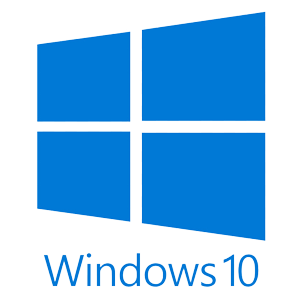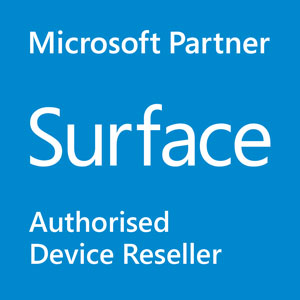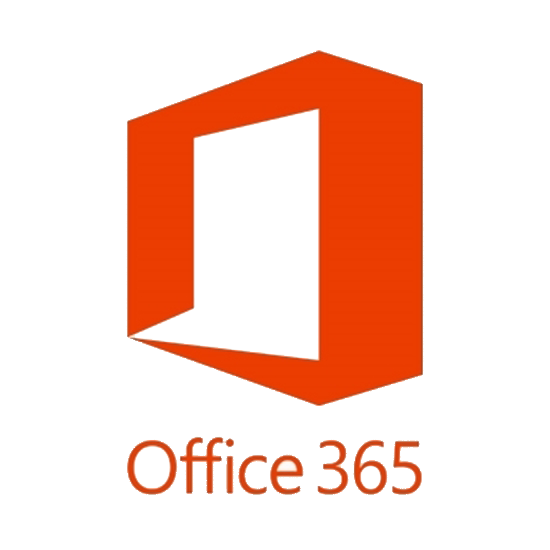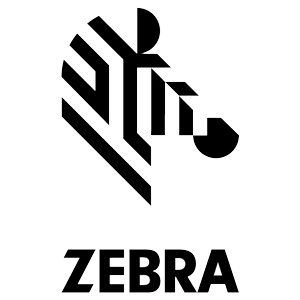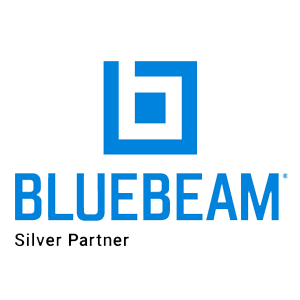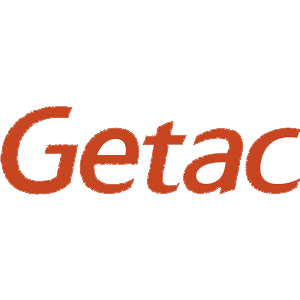 For the last 3 years Tablet PC Solutions has been working closely with Melbourne Water to roll out a mobile computing platform to their skilled field based workforce.
For the last 3 years Tablet PC Solutions has been working closely with Melbourne Water to roll out a mobile computing platform to their skilled field based workforce.
Melbourne Water is Melbourne’s large infrastructure authority in charge of a large network of catchments, dams, sewage treatment plants and drainage.
This week Computerworld featured the Melbourne Water Mobility Project in a brilliant article, “Melbourne Water pushes mobile out into the field.”
From the article Frank Courtney, Melbourne Water’s Innovation Technology Manager noted the key reason that all businesses should consider going paperless:
“We are keen for them to record the data right there and then while standing right next to that physical asset so there’s no shuffling of bits of paper, forms being brought back to the [office] and someone data entering them the next day or a few days later.”
 Bits of paper and data re-entry cost organizations like Melbourne Water Millions of dollars every year in rework. Unfortunately many mobile solutions do not adequately address this problem. Frank goes on:
Bits of paper and data re-entry cost organizations like Melbourne Water Millions of dollars every year in rework. Unfortunately many mobile solutions do not adequately address this problem. Frank goes on:
“Our field workers are highly skilled, highly trained people. So we are keen to eliminate the running around, doing this transactional, regular stuff and really focusing on ways to improve overall efficiency and to optimise the networks that they are running.”
Together with the highly experienced software provider Kern Mobile we have assisted Melbourne water to successfully progress through the stages of testing and piloting a mobile device solution.
In May, we won a tender to supply Melbourne Water with 80 of the new Panasonic Toughbook G1 tablets for the first stage of a larger rollout. Whilst these tablets will replace the fleet of last generation Motion F5v Tablets.
As a hardware specialist, we have assisted Melbourne Water’s mobility project team through these critical steps:
- Select the right hardware for the job
We do this by assessing work flow to identify field worker needs and skills. We then help customers to select from an overwhelming array of device options. Narrowing down based on computing workflow, environment and budget requirements. We then provide trial devices and assist with pilot strategy.
- Implementation and Setup
Tablet PC Solutions assist our customers to build a Standard Operating Environment for the Tablets. This is often simply an enhancement of a companies existing SOE specifically tailored to meet the needs of mobile workers and devices.
- Training and deployment
Change management is a massive part of a successful rollout of mobile devices. Since training is an essential part of this process for us it is not optional. End users, IT support and helpdesk staff all need to be skilled up in advance of any mobile device roll out.
- Ongoing Support For all of the upside to a mobile device solution, the downside of computers (especially in the field) is that they do break down occasionally. Minimising downtime and managing the support process is just one more essential service that we offer.
We’re delighted to see Melbourne Water in the news demonstrating the benefits of this process.
Point of order:
It should be noted thought that Frank’s comments about the Motion tablets in the article appear slightly out of context. From the article you might think that the Motion F5 series is superseded old tech, but it is definitely not. We’ll forgive this detail since the article is so good!
Motion Computing have a later generation SSD based F5t model with an “Ivy Bridge” Intel Core i7 processor which actually can be faster and more powerful than the Toughbook FZ-G1 at around the same price.
It’s often a very hard call to make between the Motion F5t and the Toughbook G1 since they are very similar in spec, hardness and price. Both tablets have their own advantages.
Personally, as much as I love the G1, I still use the F5t as my main computing platform because of its integrated fingerprint security, Bar Code reader, GPS, 3rd generation i7 processor, 16Gb of RAM and hot swap battery all in the one device.
The key criteria for selecting the Panasonic Toughbook FZ-G1 in this case was weight and screen resolution. Since Melbourne Water people commonly need to access complex applications like SCADA, the higher 1600×1200 screen resolution allows more information to appear on the screen at once. Of course nobody would argue that lighter isn’t better when dealing with a rugged tablet!
